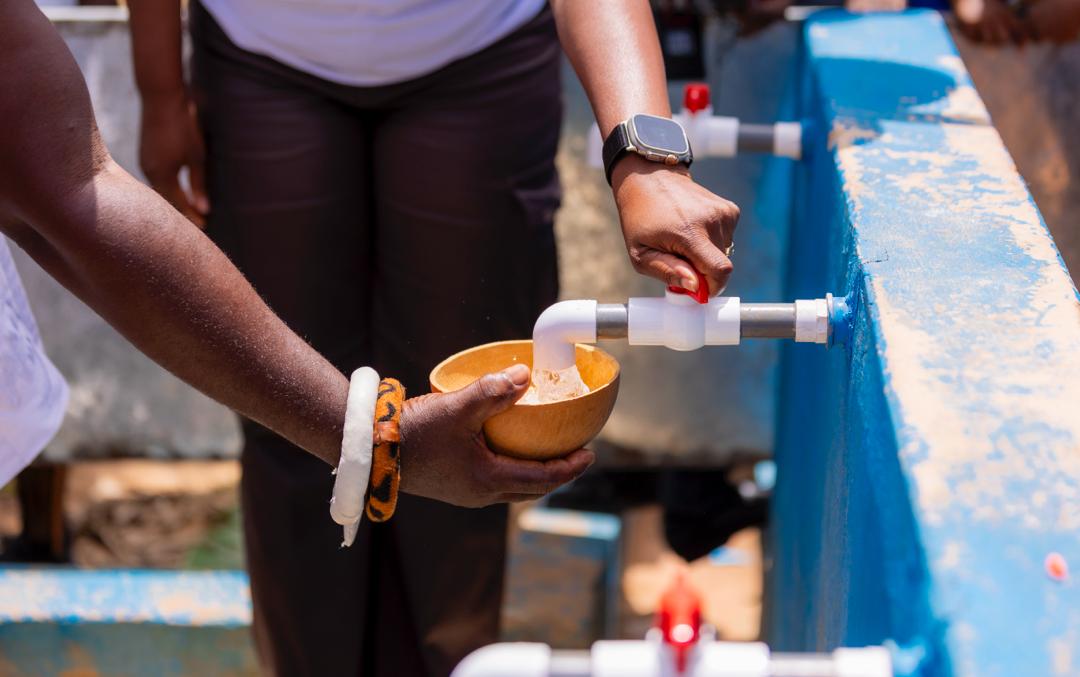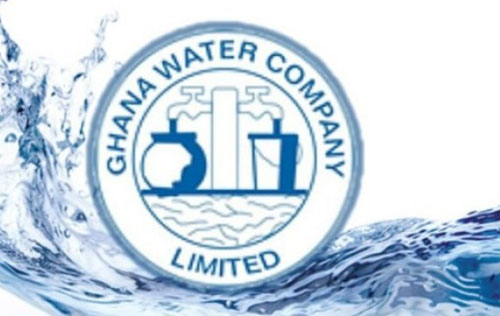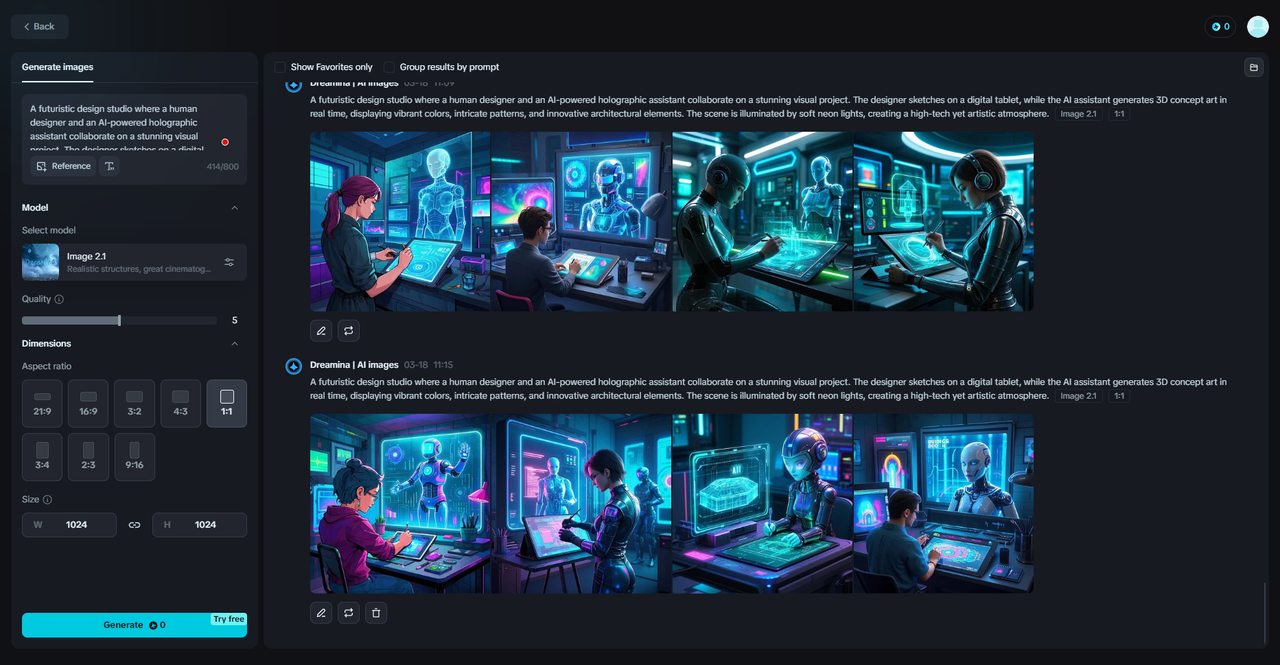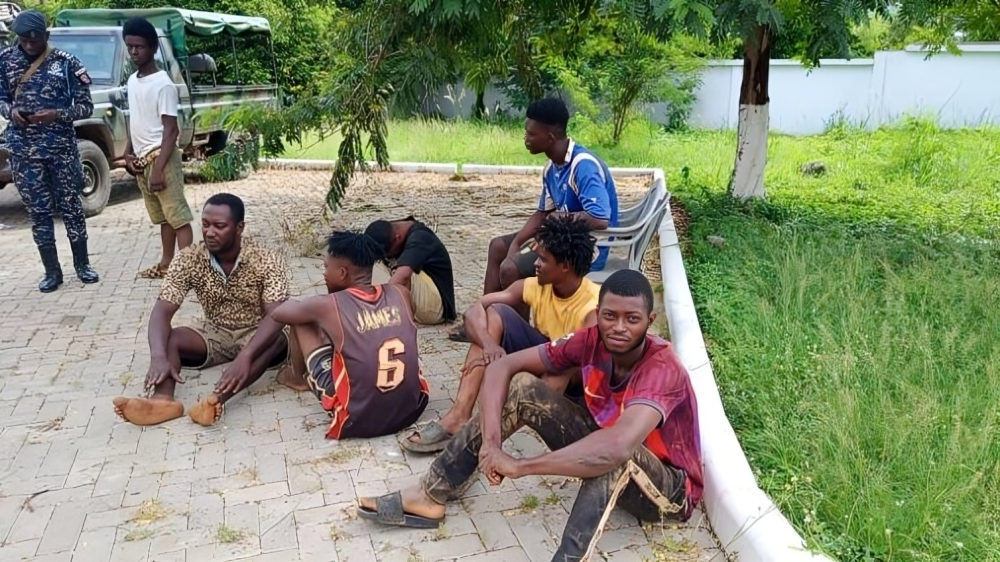
By Center for Blue Economy Africa (CBE Africa)
Ghana’s battle against illegal mining (galamsey) has reached a critical turning point. For years, the indiscriminate destruction of water bodies has threatened the nation’s health, economy, and future.
In our view, the government’s latest response, the Blue Water Initiative, launched by the Minister of Lands and Natural Resources, represents a significant step toward safeguarding Ghana’s water resources.
The initiative, which involves training and deploying 2,460 guards to protect water bodies from illegal mining, is a much-needed intervention. However, its long-term success depends on enhanced enforcement strategies, community engagement, and sustainable alternatives for affected communities.
The Urgency of Action
Ghana’s water crisis is no longer a distant threat it is a present reality. The alarming pollution levels of key rivers such as Pra, Ankobra, Offin, and Birim highlight the devastating environmental impact of galamsey. The loss of clean water sources not only affects public health but also disrupts agriculture, fisheries, and energy generation. If left unchecked, the consequences will be irreversible.
The Blue Water Initiative’s proactive approach to deploying trained personnel to secure these water bodies is commendable. However, for this initiative to succeed, it must be strategic, well-resourced, and integrated with broader environmental governance policies.
Key considerations for a sustainable solution
At CBE Africa, we recognize that environmental security cannot be achieved through enforcement alone. A truly sustainable strategy must integrate the following components:
- Strengthening enforcement through capacity building
The Blue Water Initiative’s frontline guards will be at the heart of this mission. But are they adequately trained and equipped? Enforcing environmental protection laws in remote, high-risk areas requires specialized skills. Training programs must go beyond physical preparedness and include:
- Understanding Ghana’s environmental and mining laws.
- Using technology (drones, GPS mapping) for surveillance and reporting.
- Conflict resolution and non-violent engagement strategies.
- Collaborating with local communities and traditional leaders.
- Community engagement as a first line of defense
Experience has shown that any enforcement effort that lacks community buy-in is doomed to fail. Many illegal miners are locals who rely on small-scale mining for survival. Without viable economic alternatives, the cycle of destruction will persist.
A successful Blue Water Initiative should consider:
- Grassroots sensitization campaigns to educate communities on the dangers of illegal mining.
- Incentives for local cooperation, including employment opportunities in water conservation projects.
- Stronger engagement with traditional rulers, who hold significant influence in mining areas.
- Investing in alternative livelihoods
Illegal mining thrives on economic desperation. If we are to win this fight, the government must provide viable alternative livelihoods for communities affected by galamsey restrictions. Programs such as:
- Agroforestry and sustainable farming initiatives.
- Eco-tourism and aquaculture projects in affected communities.
- Vocational training programs for miners to transition into other industries.
Without these alternatives, any enforcement effort will face resistance and eventual collapse.
- Enhancing multi-stakeholder collaboration
Environmental protection is not the responsibility of the government alone. The private sector, civil society, academia, and the international community all have roles to play. We need:
- Stronger collaboration between state agencies and NGOs to share expertise and resources.
- Public-private partnerships to fund water restoration and alternative livelihood programs.
- Regional cooperation with neighboring countries to combat cross-border illegal mining networks.
CBE Africa’s commitment to the cause
At CBE Africa, we are committed to supporting the Blue Water Initiative through targeted training, advocacy, and policy recommendations. Our expertise in environmental governance, energy transition, and sustainable resource management positions us as a strategic partner in this fight.
Conclusion: A defining moment for Ghana
The Blue Water Initiative presents an opportunity to rewrite Ghana’s environmental story. However, enforcement alone will not win the battle against illegal mining. To achieve meaningful and lasting change, we must adopt a holistic, community-driven approach that integrates community engagement, sustainable economic alternatives, and rural sector empowerment so that the local population takes ownership of its natural resources through environmental stewardship.
The time for action is now.
About CBE Africa
The Centre for Blue Economy Africa (CBEA) is a Pan-African, non-governmental organization (NGO) and think tank dedicated to driving sustainable marine economy initiatives across Africa. It serves as a policy and implementation hub, offering research, advocacy, and stakeholder collaboration to optimize Africa’s marine, freshwater, and coastal resources.
The post Safeguarding Ghana’s Water Bodies: CBE Africa’s perspective on the Blue Water Initiative appeared first on The Business & Financial Times.
Read Full Story


















Facebook
Twitter
Pinterest
Instagram
Google+
YouTube
LinkedIn
RSS